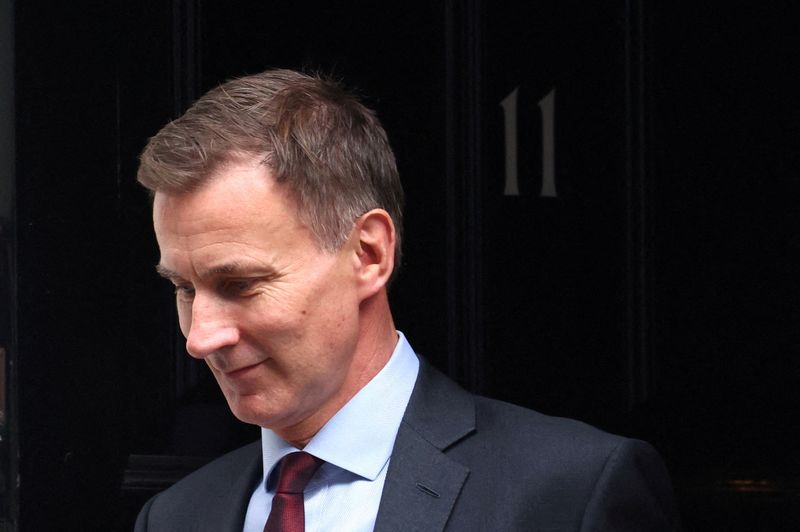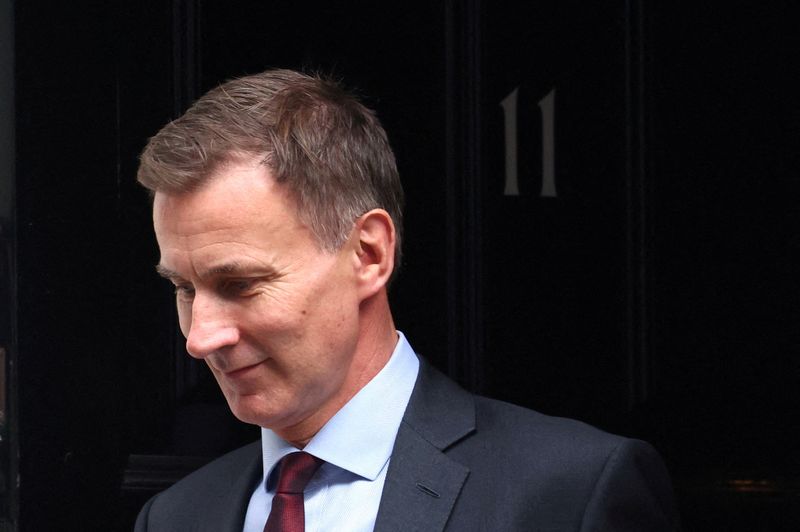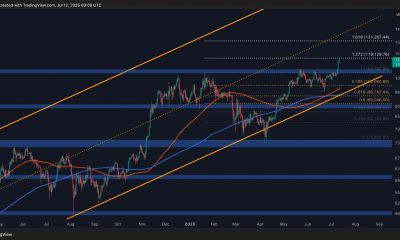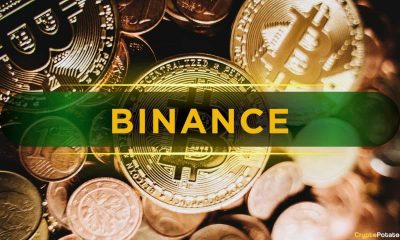Economy
UK’s Hunt says won’t implement tax cuts that fuel inflation


© Reuters. FILE PHOTO: FILE PHOTO: British Chancellor of the Exchequer Jeremy Hunt leaves Downing Street in London, Britain, September 13, 2023. REUTERS/Toby Melville/File Photo
By Kylie MacLellan and Andy Bruce
LONDON (Reuters) -British finance minister Jeremy Hunt said on Sunday he would not implement tax cuts that would push up inflation, days before he announces a major budget update that is widely expected to contain reductions in some taxes.
Hunt is due to present an Autumn Statement on Wednesday which he hopes will revive the fortunes of both a stagnant British economy and the governing Conservatives ahead of an election expected next year, and the Sunday Times reported he was considering cutting income tax or national insurance.
He has been under pressure from some Conservative lawmakers who, alarmed at the opposition Labour Party’s big lead in opinion polls, have demanded he deliver tax cuts.
“We do want to bring down the tax burden but we will only do so responsibly,” Hunt told Sky News. “The one thing we won’t do is any kind of tax cut that fuels inflation.”
Annual inflation tumbled to 4.6% in October from 6.7% a month earlier, putting Prime Minister Rishi Sunak on track to meet a pledge of halving inflation over 2023.
“I do think the British economy has turned a corner this week,” Hunt said in a separate interview with Times Radio, adding that his priority was growth. “I will be doing everything that I can possibly think of to boost growth.”
Asked if he would cut inheritance tax – a move the Sunday Times said could be delayed owing to bad press – Hunt told Sky “everything is on the table” ahead of his statement.
OPTIONS LIMITED AFTER HEAVY SPENDING
Labour’s finance spokesperson Rachel Reeves said cutting inheritance tax would be the wrong priority in a cost-of-living crisis.
“Lower taxes on working people – if the government can explain where the money is coming from – is something I would support,” Reeves told Sky News.
Hunt’s options are limited after heavy state spending on the COVID-19 pandemic and last year’s surge in energy prices. Public debt now stands close to 100% of economic output, more than three times its size 20 years ago.
Still, official forecasts due on Wednesday are expected to show Hunt has more room for giveaways before running into trouble with fiscal rules than in his annual budget published in March.
“If we’re going to be a dynamic, thriving, energetic, fizzing economy, we need to have a lower tax burden,” Hunt told Times Radio, adding that the only way to bring personal taxes down was to spend public money more efficiently.
“We want to show people there is a path to lower taxes but we also want to be honest with people this is not going to happen overnight.”
While UK tax revenues are at their highest since the 1940s, according to the Institute for Fiscal Studies, the country’s tax rate is lower than in most other western European countries. Data for 2021 from the Organisation for Economic Co-operation and Development showed Britain was the lowest among major European countries, well below France’s 45% or Germany’s 40%.
Economy
Russian central bank says it needs months to make sure CPI falling before rate cuts -RBC


© Reuters. Russian Central Bank Governor Elvira Nabiullina attends a news conference in Moscow, Russia June 14, 2019. REUTERS/Shamil Zhumatov/File Photo
MOSCOW (Reuters) – Russia’s central bank will need two to three months to make sure that inflation is steadily declining before taking any decision on interest rate cuts, the bank’s governor Elvira Nabiullina told RBC media on Sunday.
The central bank raised its key interest rate by 100 basis points to 16% earlier in December, hiking for the fifth consecutive meeting in response to stubborn inflation, and suggested that its tightening cycle was nearly over.
Nabiullina said it was not yet clear when exactly the regulator would start cutting rates, however.
“We really need to make sure that inflation is steadily decreasing, that these are not one-off factors that can affect the rate of price growth in a particular month,” she said.
Nabiullina said the bank was taking into account a wide range of indicators but primarily those that “characterize the stability of inflation”.
“This will take two or three months or more – it depends on how much the wide range of indicators that characterize sustainable inflation declines,” she said.
The bank will next convene to set its benchmark rate on Feb. 16.
The governor also said the bank should have started monetary policy tightening earlier than in July, when it embarked on the rate-hiking cycle.
Economy
China identifies second set of projects in $140 billion spending plan


© Reuters. FILE PHOTO: Workers walk past an under-construction area with completed office towers in the background, in Shenzhen’s Qianhai new district, Guangdong province, China August 25, 2023. REUTERS/David Kirton/File Photo
SHANGHAI (Reuters) – China’s top planning body said on Saturday it had identified a second batch of public investment projects, including flood control and disaster relief programmes, under a bond issuance and investment plan announced in October to boost the economy.
With the latest tranche, China has now earmarked more than 800 billion yuan of its 1 trillion yuan ($140 billion) in additional government bond issuance in the fourth quarter, as it focuses on fiscal steps to shore up the flagging economy.
The National Development and Reform Commission (NDRC) said in a statement on Saturday it had identified 9,600 projects with planned investment of more than 560 billion yuan.
China’s economy, the world’s second largest, is struggling to regain its footing post-COVID-19 as policymakers grapple with tepid consumer demand, weak exports, falling foreign investment and a deepening real estate crisis.
The 1 trillion yuan in additional bond issuance will widen China’s 2023 budget deficit ratio to around 3.8 percent from 3 percent, the state-run Xinhua news agency has said.
“Construction of the projects will improve China’s flood control system, emergency response mechanism and disaster relief capabilities, and better protect people’s lives and property, so it is very significant,” the NDRC said.
The agency said it will coordinate with other government bodies to make sure that funds are allocated speedily for investment and that high standards of quality are maintained in project construction.
($1 = 7.1315 renminbi)
Economy
Russian central bank says it needs months to make sure CPI falling before rate cuts -RBC


© Reuters. Russian Central Bank Governor Elvira Nabiullina attends a news conference in Moscow, Russia June 14, 2019. REUTERS/Shamil Zhumatov/File Photo
MOSCOW (Reuters) – Russia’s central bank will need two to three months to make sure that inflation is steadily declining before taking any decision on interest rate cuts, the bank’s governor Elvira Nabiullina told RBC media on Sunday.
The central bank raised its key interest rate by 100 basis points to 16% earlier in December, hiking for the fifth consecutive meeting in response to stubborn inflation, and suggested that its tightening cycle was nearly over.
Nabiullina said it was not yet clear when exactly the regulator would start cutting rates, however.
“We really need to make sure that inflation is steadily decreasing, that these are not one-off factors that can affect the rate of price growth in a particular month,” she said.
Nabiullina said the bank was taking into account a wide range of indicators but primarily those that “characterize the stability of inflation”.
“This will take two or three months or more – it depends on how much the wide range of indicators that characterize sustainable inflation declines,” she said.
The bank will next convene to set its benchmark rate on Feb. 16.
The governor also said the bank should have started monetary policy tightening earlier than in July, when it embarked on the rate-hiking cycle.

 Forex3 years ago
Forex3 years agoForex Today: the dollar is gaining strength amid gloomy sentiment at the start of the Fed’s week

 Forex3 years ago
Forex3 years agoUnbiased review of Pocket Option broker

 Forex3 years ago
Forex3 years agoDollar to pound sterling exchange rate today: Pound plummeted to its lowest since 1985

 Forex3 years ago
Forex3 years agoHow is the Australian dollar doing today?

 Cryptocurrency3 years ago
Cryptocurrency3 years agoWhat happened in the crypto market – current events today

 World3 years ago
World3 years agoWhy are modern video games an art form?

 Commodities3 years ago
Commodities3 years agoCopper continues to fall in price on expectations of lower demand in China

 Economy3 years ago
Economy3 years agoCrude oil tankers double in price due to EU anti-Russian sanctions



























